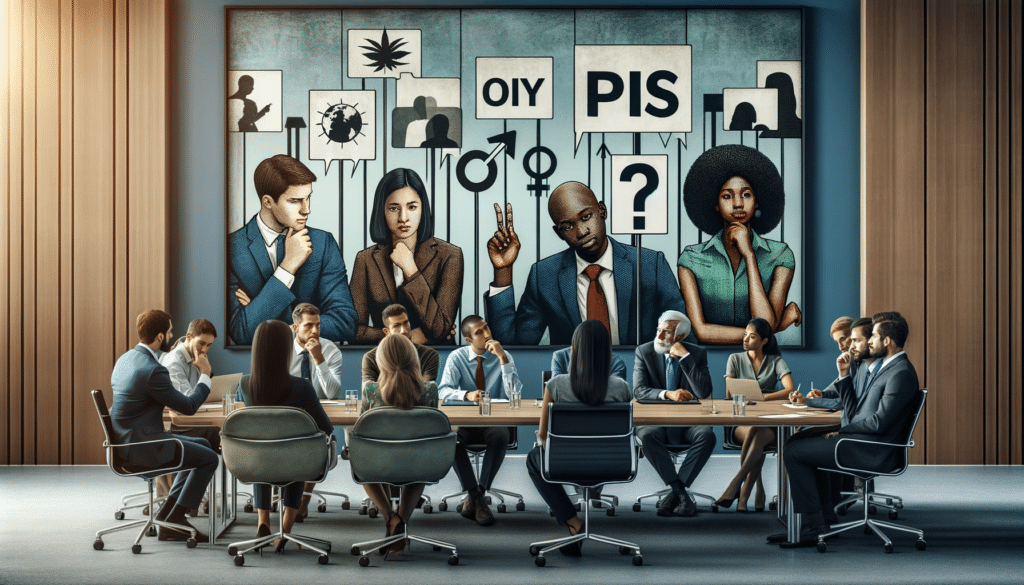
Have you ever observed how decision-making in policy meetings often leads to agreeing with popular opinions rather than thorough analysis? In many government settings, crucial decisions are made not through careful deliberation but through consensus influenced by cognitive biases. Understanding and addressing these biases is a cornerstone of an effective decision-making process.
In my recent studies on related topics, two cognitive biases frequently emerge in group decision-making settings: homophily and confirmation bias. Homophily is our tendency to gravitate towards people similar to us, while confirmation bias is our inclination to favor information that aligns with our existing beliefs. Recognizing the impact of these biases is vital for balanced decision-making.
The Real Impact on Decision-Making
Let us consider the following hypothetical scenarios and try to understand how these cognitive biases affect our day-to-day decision-making:-
- Decision-Making in Healthcare: Consider a scenario where a patient enters an Emergency Room with severe back pain. Influenced by confirmation bias, the busy doctor hastily concludes that the patient is seeking painkillers and forgoes a thorough examination. Later, this patient returned with a severe kidney condition, which was overlooked in his previous visit. This instance highlights how biases can dangerously skew decision-making in critical healthcare situations.
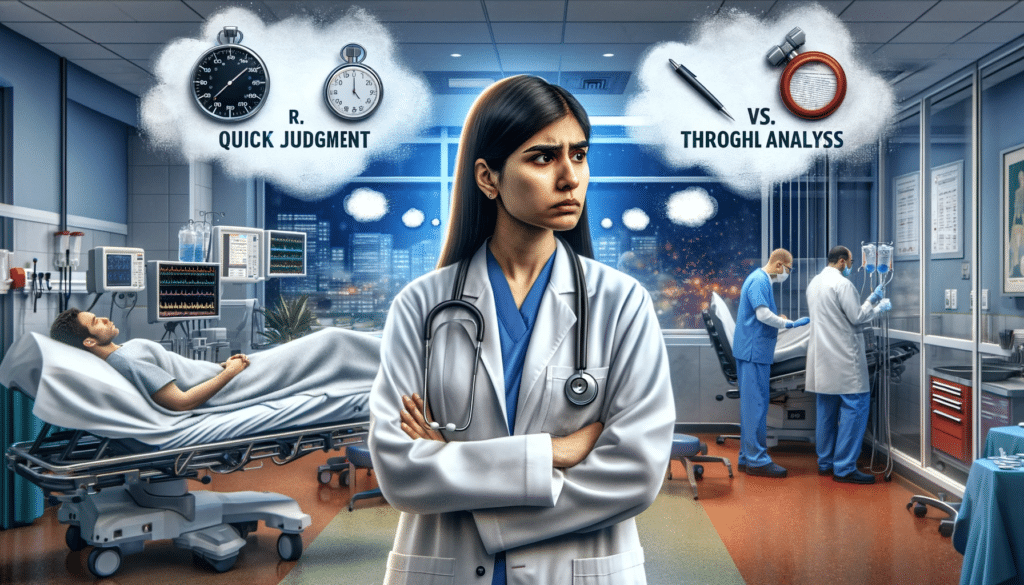
- Decision-Making in Business: Imagine a young CEO buzzing with excitement over a new product idea. Under the influence of confirmation bias, both the CEO and their team primarily search for information that supports this exciting new venture. The team, aiming to please the CEO, tailors their research accordingly. This classic example of confirmation bias demonstrates its potential to derail objective decision-making in the business world.

Strategies for Better Decision-Making
- Enhancing Decision-Making Through Diversity in Teams: A mix of individuals from various backgrounds can provide a broader perspective, reducing the homogeneity that often leads to biased decisions.
- Enhancing Decision-Making Through Critical Thinking Skills: Regular workshops focused on cognitive biases enable team members to identify and counteract these biases, sharpening their decision-making skills.
- Enhancing Decision Making Through Structured Decision Making: Adopting decision-making processes that necessitate diverse viewpoints and solid evidence can significantly minimize the influence of biases like confirmation bias.
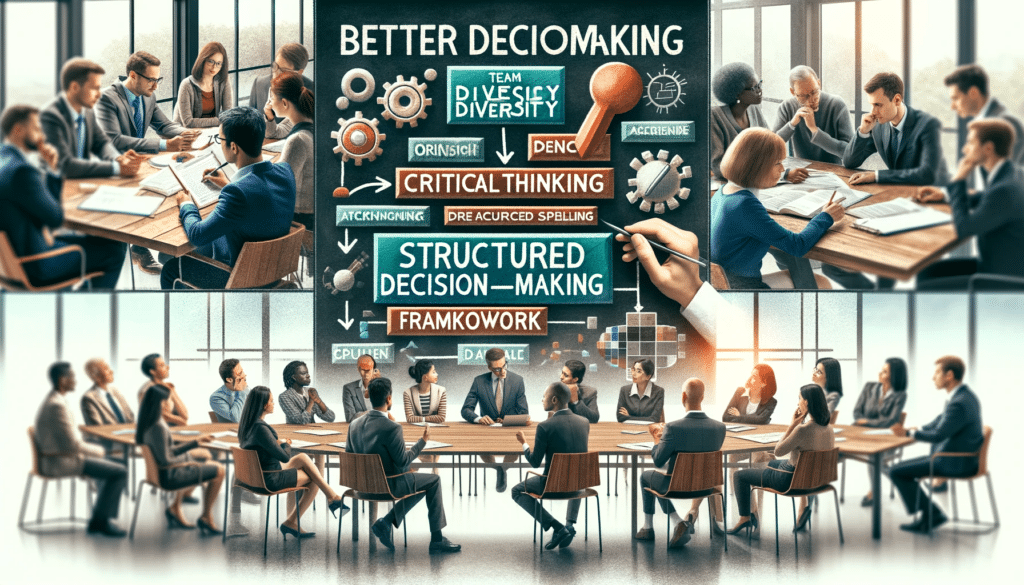
Towards Better Decision-Making: Valuing Diversity and Facts
To achieve effective and inclusive decision-making, understanding and addressing biases like homophily and confirmation bias is imperative. By embracing diversity and factual analysis, decision-makers in government can formulate policies that are equitable and truly meet community needs.
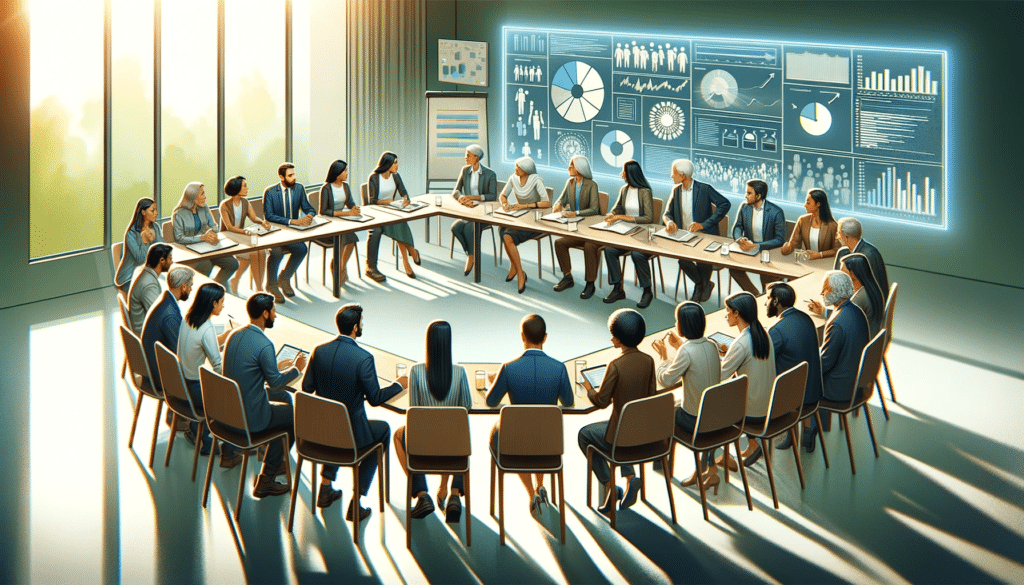
Thought for Reflection:

How can decision-making be improved to serve the diverse organizational and community needs? I will read, explore and share more about the cognitive biases in the upcoming discussions. What are your experiences and thoughts on overcoming these cognitive biases?

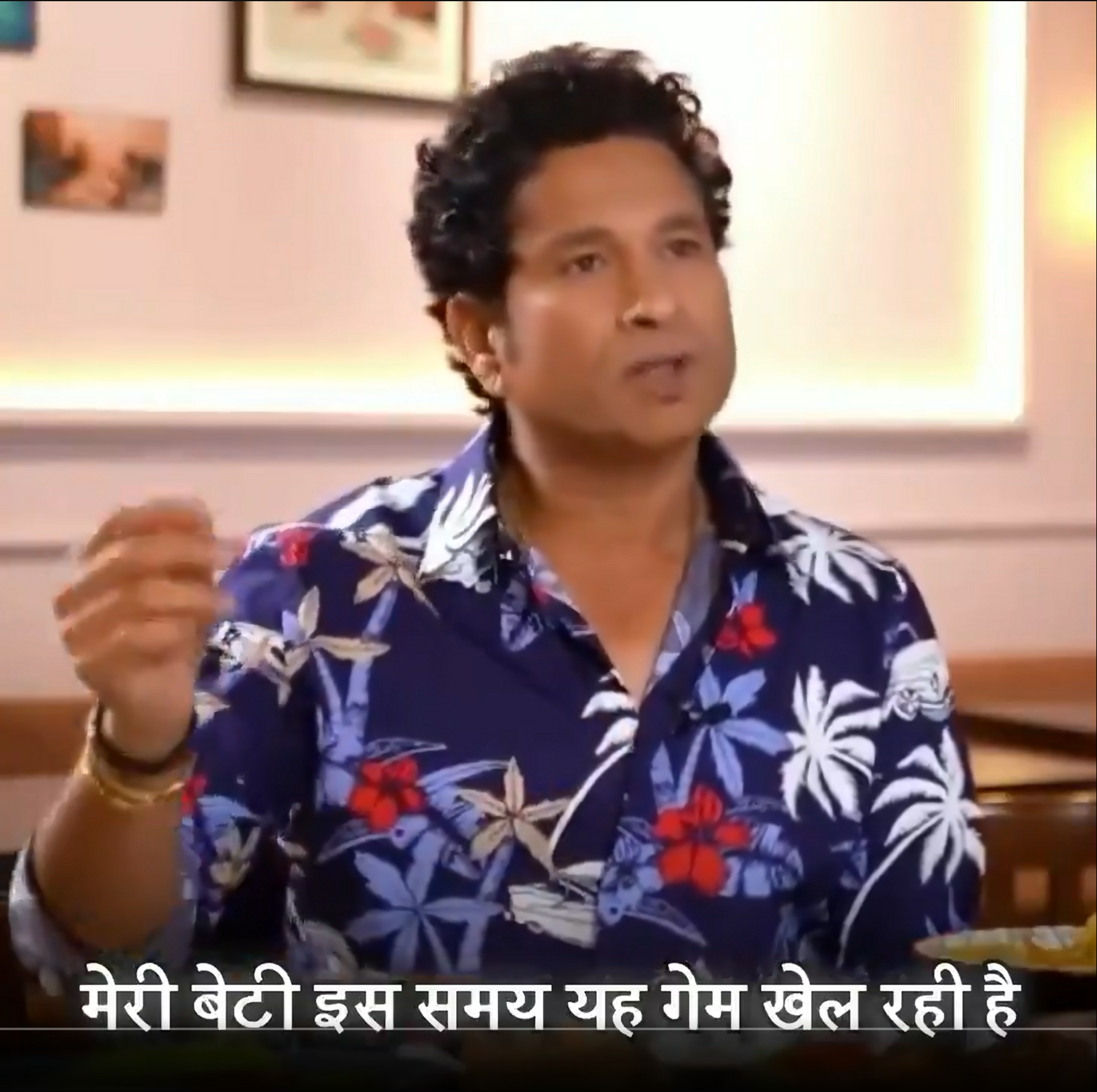


Strategies proposed, such as promoting team diversity and enhancing critical thinking, offer actionable steps for improvement.
Thanks!! 😊
By understanding the decision-making process and the factors that influence it, we can become more confident and effective decision-makers in all aspects of life.
Yes, Absolutely 👍🏻
This short and catchy title of this blog clearly tells readers they’ll learn how to make better choices by avoiding mental shortcuts that can lead us astray.
Thanks!! 😊